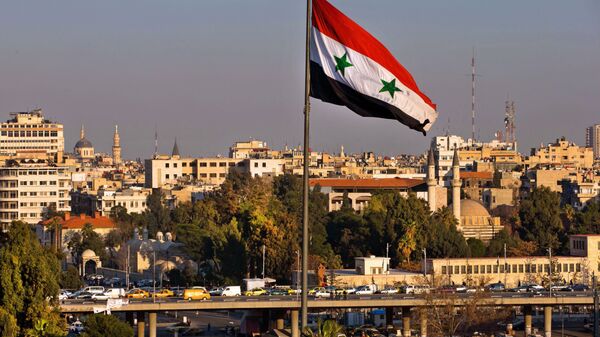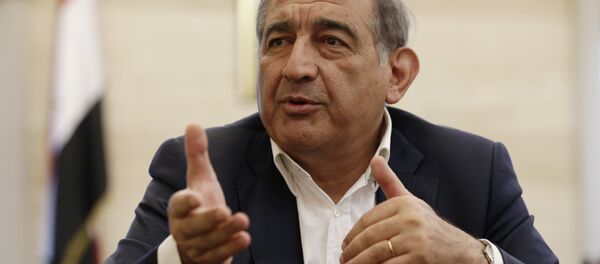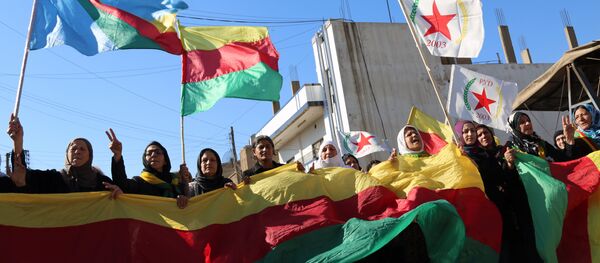The Geneva I communique stipulates the establishment of a transitional body which is expected to create a "neutral environment" in which the transition of power in Syria can take place. According to the communique, the transitional body should exercise executive powers and could include members of the current Syrian government, opposition groups and "other groups." It should be formed on the basis on mutual consent.
"The Geneva I communique speaks of a transitional body that has not been defined. They need to determine what kind of body it will be. Everyone has their own interpretation of the transitional organ," Jamil said.
"We think the truth is somewhere in between these two extremities. The transitional body should be based on a 50/50 basis and on the consensus regarding the functions and composition. Each side needs to have the right to veto," Jamil said.
Jamil also stated that it is too early to talk about the federalization of Syria, as the balance between central and local authorities should be discussed first at the reconciliation negotiations.
"I think Syria is too small for federalization. Federalization on what basis? Religious? Confessional? National or geographical?… The matter of centralization which is an essential condition for the existence of a state is a different issue. The balance between central and local authorities should be discussed," Jamil said.




